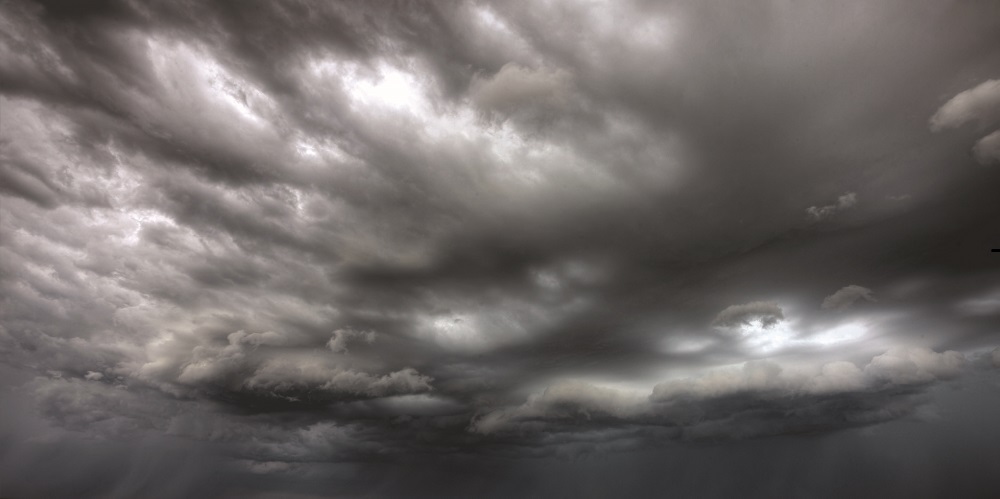
Georgia’s peak for severe weather — including tornadoes — is between January and May, according to the Georgia Emergency Management and Homeland Security Agency.
The stronger a severe weather event is, the more likely it is to cause unavoidable outages, as high winds and fallen trees can bring down poles or the power lines serving your home.
NGEMC crews are on standby 24/7/365 and are committed to safely restoring power as quickly as possible in the event that severe weather causes outages in our service area; however, in extreme circumstances, restoration may take time.
Prepare now so that you can stay safe in the event of a severe storm or during a prolonged power outage caused by one.
Have a plan:
- Make sure you have a reliable way to access emergency alerts and warnings.
- Develop an emergency sheltering plan, including an evacuation route.
- Communicate with all members of your family or household so that everyone knows what to do when severe weather strikes.
Prepare an emergency kit:
- One gallon of water per person per day for several days
- Several days of non-perishable food in your kits
- Battery-powered or hand-crank weather radio
- Charged battery banks for cell phones and other essential electronics
- Flashlights
- First-aid kits
- Extra batteries
- Plastic sheeting, scissors, and duct tape
- Essential medications
- Fire extinguishers
- Clothing and blankets
- Car safety kit
Know your alerts:
- A watch is used when the risk of hazardous weather has increased significantly, but its occurrence, location, or timing is still uncertain.
- An advisory is issued when hazardous weather is occurring, imminent, or likely. Advisories are for less serious conditions than warnings.
- A warning is issued when a hazardous weather event is occurring, imminent, or likely. A warning means weather conditions pose a threat to life or property. People in the path of the storm need to take protective action.
Stay safe during storms and outages:
- Check for weather updates and alerts often.
- During tornadoes or other high-wind situations, get to the lowest floor and put as many walls between you and the outside as possible. Stay away from doors and windows.
- In an outage situation, keep refrigerator and freezer doors closed.
- If you use a generator, make sure it is properly installed outside and away from windows.
- If a severe weather event does lead to toppled power lines or poles near your residence, maintain a safe distance.
For more ways to prepare, visit Ready.gov.

